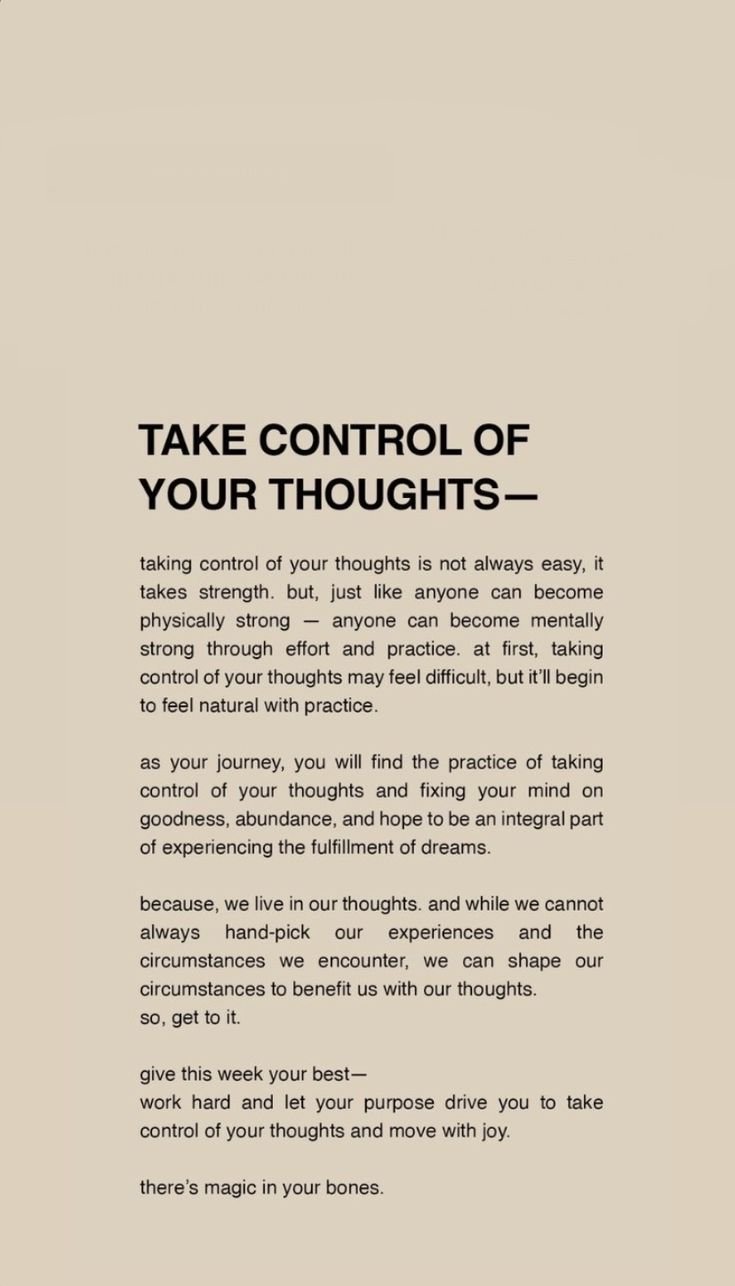Mental health is an integral aspect of health and wellness, and everyone must protect it at all costs. Yet, despite most people knowing this is the case, they still often ignore the signs and symptoms that something is wrong. Most people will often tell themselves (and perhaps others if they ask) that nothing is wrong—that they’ll get through this period of their lives soon enough—and that nothing can be done anyway.
The reality is that none of that is true—mental health is something to pay attention to, and something can surely be done to address it when warning signs arise. The first step is to get help by getting connected with experts who can understand what’s happening and advise you on the best options to consider to treat your issues.
Still, if that’s not something you’re ready to do, it might be useful to look at what can happen if you don’t get the help you need. That could be the motivation you need to take that all-important step.
In this article, we discuss the top three reasons why you should get help as soon as possible to avoid your condition worsening and to receive the mental health support you need.
No. 1
It Will Get Worse
Some health issues get better on their own with perhaps, a bit of rest and relaxation. However, that’s not the case when it comes to mental health, and if you leave things to get better without getting the professional help that’s out there for you, most of the time, things will just get worse.
Yes, your mental health issues might be something you can manage, but do you want to have to keep managing things forever? That’s going to be exhausting, and it means you’re not living your life in the best way possible—in a more positive way, in other words.
By getting treatment like therapy or San Diego ketamine treatment, for example, you can stop the problem in its tracks and stop it from getting worse and dragging you down. There are plausible reasons why it could serve as a life-saving option for individuals experiencing treatment-resistant depression (TRD) in which other therapies have otherwise been proven ineffective in more severe cases of depression.
No. 2
Physical Health Issues
A lot of the time, people think of mental health and physical health as being two separate things. You might understand you need to take care of both of them, but you might not be so sure about the link between them. The thing to remember is that when you’re suffering from mental health problems, the rest of your life is going to be affected, and that includes your physical health.
Think about how you feel when your depression or anxiety is bad; for example, you don’t want to do anything at all, and your motivation is gone completely. That can make work a challenge, to say the least, and it can affect your health and relationships at the bare minimum.
More importantly, it means you’re not exercising as much as you should and it means you’re not eating healthily, in many cases. That’s going to cause physical health issues, and getting your mental health back on track can help you get going again.
No. 3
Addiction
Another problem that can come with untreated mental health issues is addiction; people try to self-medicate to make themselves feel better, and although it might work very temporarily, the long-term results can be that you’re addicted to whatever substance it is you’ve chosen to make yourself feel better.
Learning about the addiction cycle as it pertains to mental health challenges will help you understand why it is that you are using it as a coping mechanism. Addressing addiction is a crucial aspect of treatment, as it often goes hand in hand with perpetuating existing mental health conditions.
Takeaways
Regardless of the substance of choice, addiction is a terrible disease, and once it’s part of your life, it’s hard to remove it. That’s why it’s better to get your mental health problems treated by professionals as early as possible and to not self-medicate in any way—it’s never going to solve your problems and will generally just make things worse.
There is a newfound freedom once you take that first step toward improving your mental health and seeking treatment and recovery where you are no longer controlled by your thoughts, emotions, and harmful substances. Over time, you can learn how to break patterns that you once held onto. There is hope, and a fulfilling life is waiting to be experienced on the other side.





